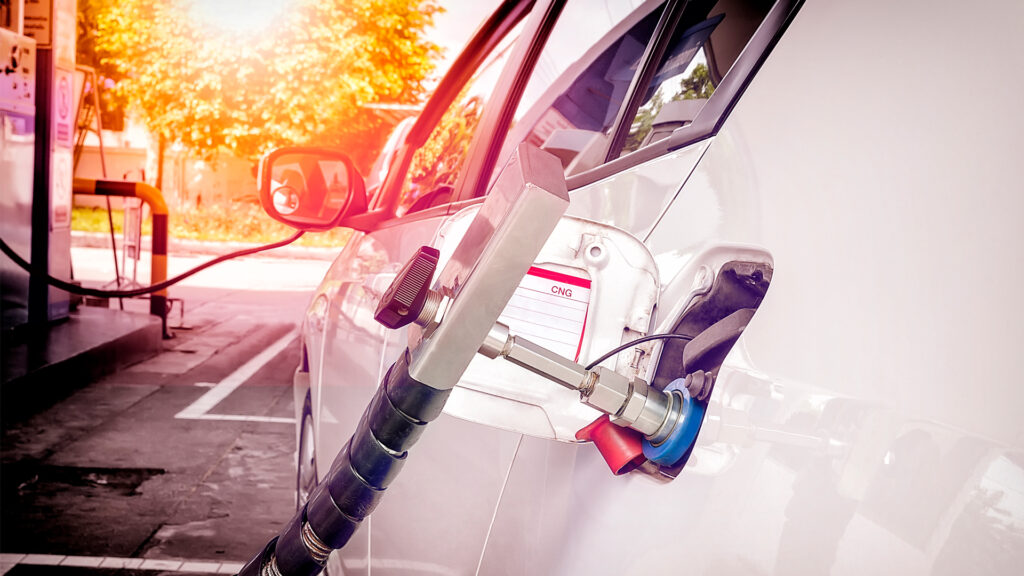By Keyna Cory, National Waste and Recycling Association – Florida Chapter
Florida House Speaker Paul Renner has made clear that energy is a priority this upcoming legislative session. Florida is fortunate to have leaders who recognize the importance of a safe, reliable and affordable supply of energy. At the same time, they appreciate our state’s immense potential to be a significant player in the production and utilization of clean, sustainable sources of domestic energy.
Specifically, compressed natural gas (CNG) and renewable natural gas (RNG) are two alternative energy sources that offer environmental sustainability, promote energy independence and accelerate economic growth.

Members of the National Waste & Recycling Association – Florida Chapter have long been known for their use of CNG as part of their efforts to reduce the environmental impact of waste management and transportation. CNG is one of the cleanest fuels available for heavy-duty vehicles. Waste Management, one of our members, has 60% of its fleet running on CNG, making it the largest heavy-duty CNG fleet in the country.
Each CNG truck replaces 8,000 gallons of diesel fuel a year, reduces greenhouse gas emissions by 14 metric tons and reduces emissions of carbon monoxide, nitrogen dioxide and carbon dioxide. Our Florida chapter members have invested in the infrastructure to support the continued transition to CNG, including more than $500 million in CNG trucks and fueling stations in Florida alone.
Also, some of our members are looking at the waste-to-energy sector, capturing and utilizing methane emissions from organic landfill waste to produce RNG. This renewable source of energy not only curtails the release of a potent greenhouse gas into the atmosphere but also transforms waste into a valuable energy resource.

CNG and RNG play a crucial role in enhancing energy security. They provide a domestic and abundant source of energy that can complement existing energy infrastructure, reducing dependence on foreign sources and mitigating geopolitical uncertainties.
The economic benefits of embracing RNG and CNG are equally compelling. The development and implementation of RNG and CNG technologies stimulate innovation, create jobs and foster economic growth. Investing in these sustainable energy solutions propels Florida toward a more resilient and diversified economy.
As we stand at the crossroads of environmental stewardship and energy evolution, the importance of RNG and CNG cannot be overstated. It is incumbent upon us to champion these sustainable alternatives, working collectively towards a future where energy is not only abundant but also clean and renewable. The promotion of RNG and CNG is not merely a choice; it is a collective responsibility to safeguard our state for generations to come.
Tallahassee resident Keyna Cory has represented the National Waste and Recycling Association – Florida Chapter in matters of governmental affairs for over 20 years. Her expertise spans solid waste, environmental issues, transportation, telecommunications, agriculture and water.
This opinion piece was originally published by the Tallahassee Democrat, which is a media partner of The Invading Sea. If you are interested in submitting an opinion piece to The Invading Sea, email Editor Nathan Crabbe at nc*****@*au.edu. Sign up for The Invading Sea newsletter by visiting here.



